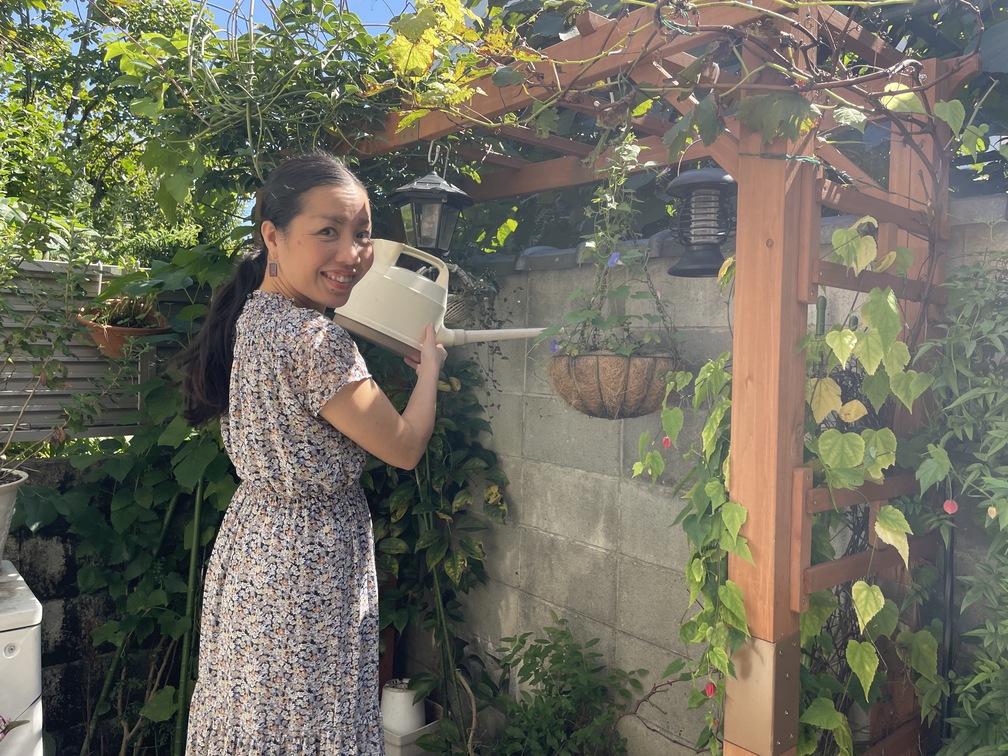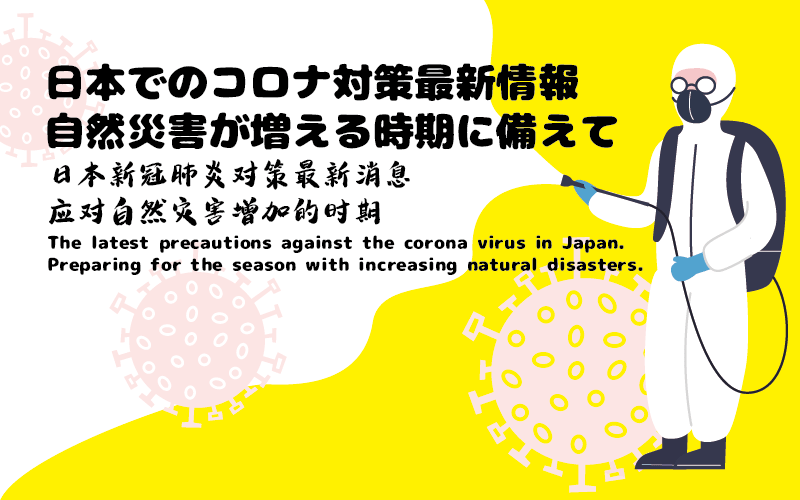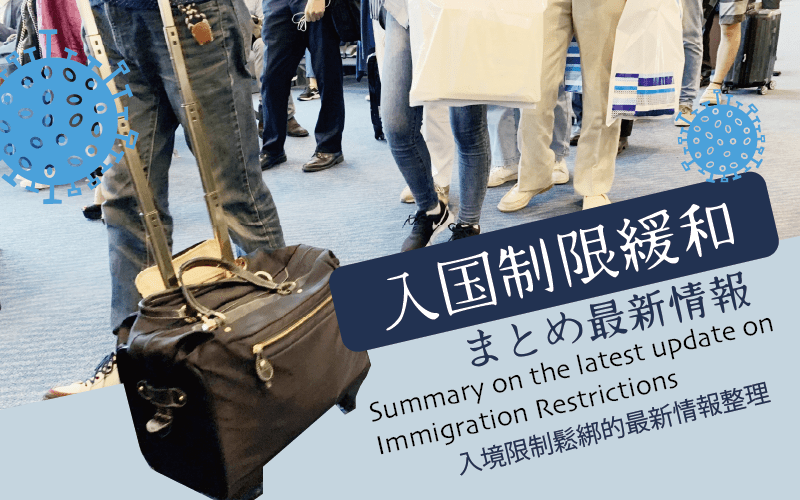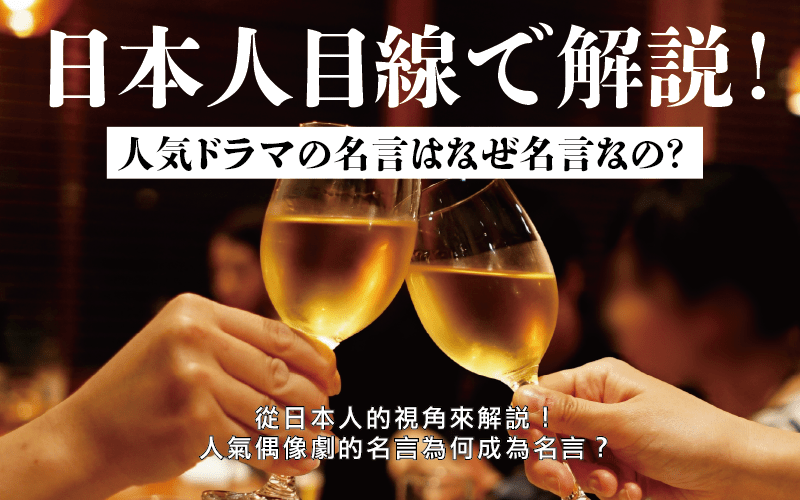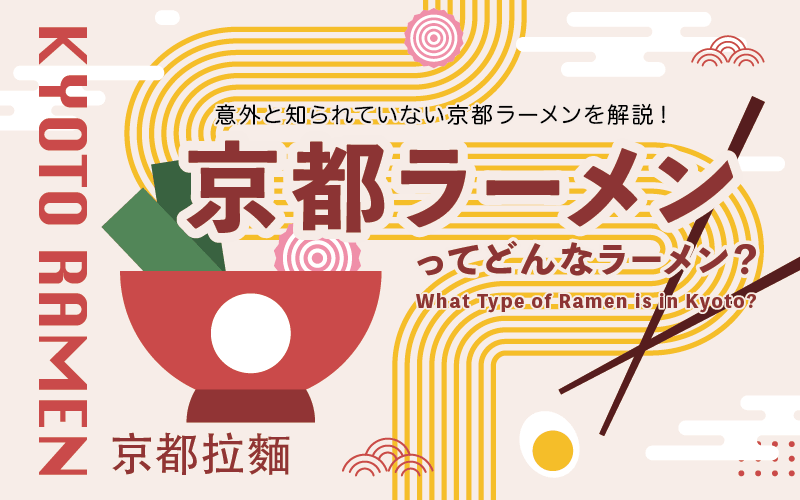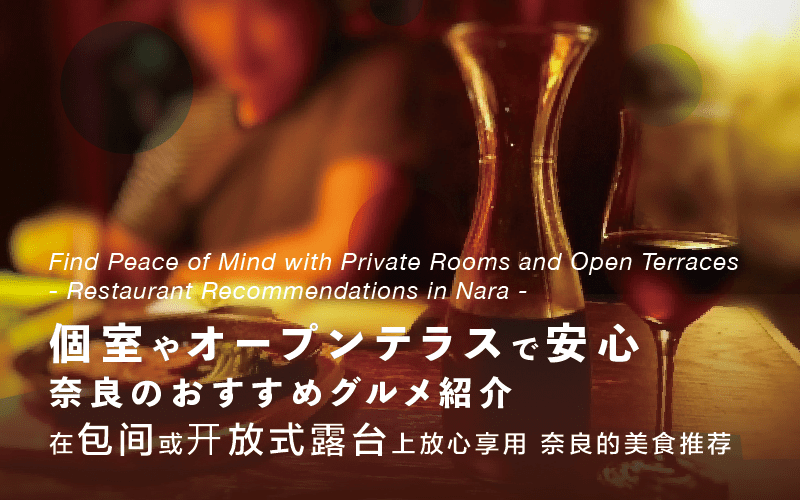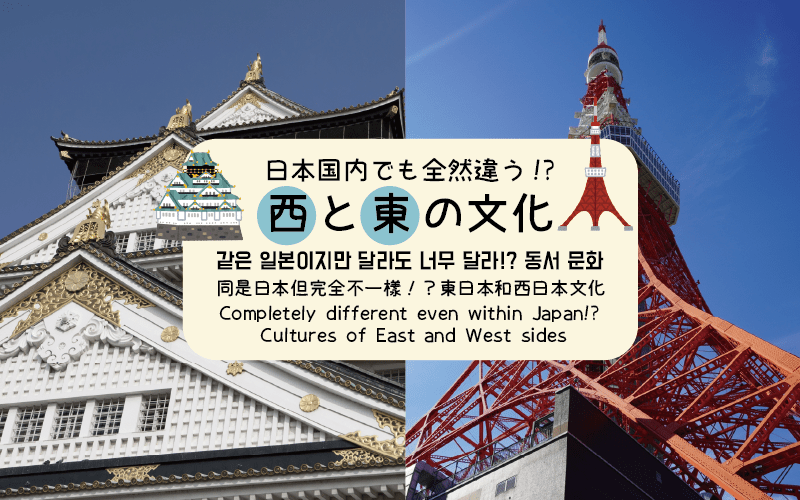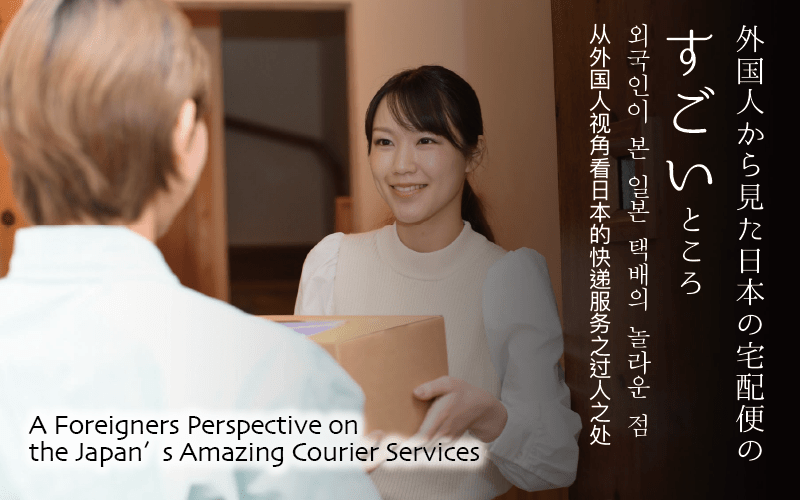Hello, this is jimomin’s Director Snowmonkey here!
Following the series JIMOMIN100 Lifestyle No.9, we will introduce Tuyen, from Vietnam. She has lived in Japan for over 10 years. Due to her husband's work, they spent 2 years in Boston and 1 year in London. Having recently returned to Japan, let's find out what kind of life they have now!
.jpg)
In Japan, what type of job are you doing now?
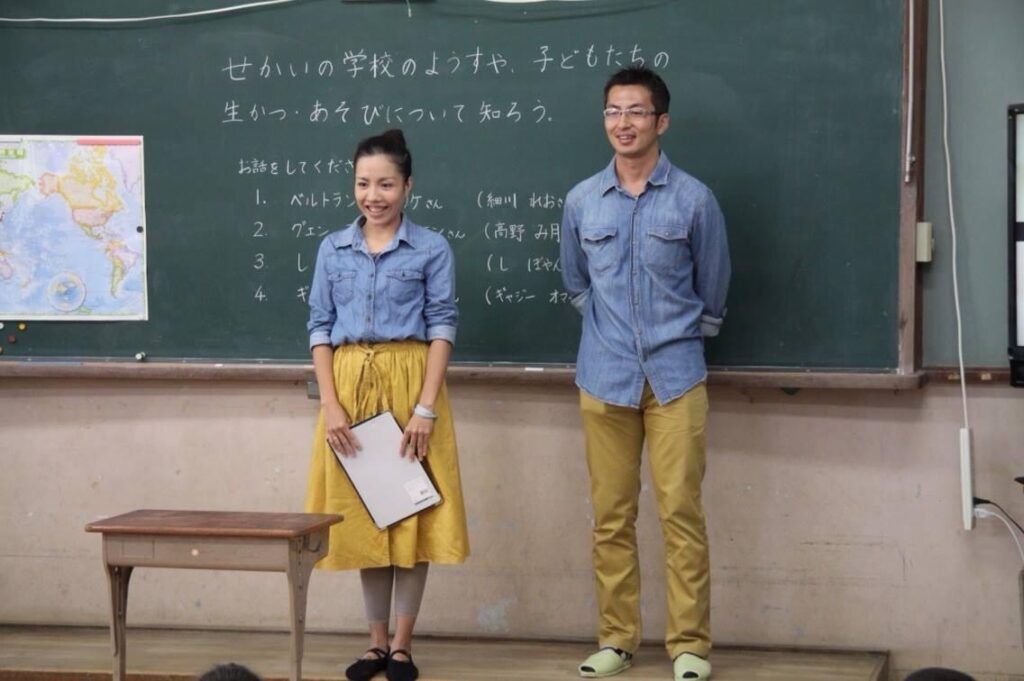
I teach Vietnamese at a vocational school twice a week. There are a variety of nationalities working at this school, and various languages are spoken at lunch time.
Classes are mainly practicing applied conversational skills using role play. While talking about Vietnamese traditional culture, I try to incorporate the topics of current trends. Classes are held twice a week, but before class I like to research current topics in Vietnam and plan the class structure.
I like this job. You can create your own year-round lesson curriculum, so you can schedule lessons according to that and prepare your own textbooks and tests. After completing the classes, the students can transfer to Universities, or find a job speaking Vietnamese, and I am happy to receive reports from my students on courses they have taken related to Vietnam.
How do you spend the days when you don’t have class?

I have a fixed life rhythm almost every day.
I usually stay at home on Mondays to study gardening, living style and prepare for classes. Tuesdays is the going out day. I'll go to various appointments then.
Then on Wednesday and Thursday I have classes.
On Fridays, I will review the classes taught this week. I will research the next topics and how to improve them next week. I also have to study for my children's school XD
The weekend is time to spend with my family. For example I’ll take care of the garden with my husband or explore rivers and mountains with my family or attend my children's events. I used to have tea with friends before COVID‑19.

How did you come to Japan?
I majored in psychology in Vietnam. After university, I wanted to go to the United States to deepen my knowledge in my major. However, I met my husband while he was visiting Vietnam for research and we married soon after graduation and moved to Japan.
After moving to Japan, I realized I didn't understand Japan at all. The language and culture are completely different from Vietnam. I had to study Japanese for work, so I also studied Japanese culture from scratch, such as kimono, tea and cooking.
As I continued to study, I started to understand the culture, personality and way of life of the Japanese people, and my interest in Japanese culture grew.
Having lived in Japan for a long time, has COVID‑19 changed anything for you?

Yes, the relationship within the neighborhood has decreased. In the past, my neighbors would teach me Kyoto cuisine, and I would have them come to my house to experience Vietnamese food, but sadly we can no longer do that, thus I started spending more time on my studies.
I also wanted to enjoy gardening more, so I spent several years searching for a property and we finally moved about a year and a half ago! We chose the Shimogamo area in Kyoto as it is a peaceful residential area and it has a great environment for our children's education.
What do you find interesting about Japanese people?
It's often said that Japanese don’t say exactly what they mean.
At first I found people cold, but I got used to it the longer I lived here, and became convinced of its unique personality. For example, I was riding a bicycle on the road when I saw a person who was sick. But no one rushed to ask the person “Are you okay?” or helped! I was very surprised. At that time, I wondered, “How cold Japanese people are!” Later, I heard that he wouldn’t call out because he was embarrassed to be sick and didn’t want to be noticed. I was surprised! But I thought it was an interesting cultural aspect.
When it comes to children's education, in Japan the educational policy is “matching with everyone” and “doing the same”. This could be seen as negative but I like this policy as it helps everyone act as a group naturally.
I have been to various countries before, but I think Japan is very special. I think people overseas also find Japanese culture and characters to be unique and cute.
What are your future goals?

I would like to continue being able to enjoy my life slowly.
Vietnam’s economy is growing rapidly and city life has become very busy. Every year, I return to Vietnam to spend time with my family, and enjoy eating delicious food with interesting people but, sometimes the rapid changes in Vietnam makes me feel a little outdated. As I have lived in Japan for a long time, I find the speed of life more comfortable.
I like my work and I want to become a better Vietnamese teacher. Also I want to try and write about living style and gardening. At the moment, I study interior design and gardening online, then write what I have learned from it in my daily life.
I love the simple lifestyle that cottage* designs bring me. I hope one day I can publish a book about that theme.
*Cottage style
“Small, country house or farm house” in Japanese. A home that is not filled with artificial materials such as concrete, but is a small house filled with rustic atmosphere, wood and nature.
That's all for today's Snowmonkey report!
Tuyen is very enthusiastic about studying, work and their hobbies, as well as their role as a mother. They also participated in the Toba City monitor tour in Mie Prefecture During that very cold season we discussed how to improve the acceptance of foreigners by the locals. I was welcomed into their home, and it was so beautiful that I was excited to show it to everyone! I look forward to reading the book they are going to put together with her husband!
Tuyen, thank you for your time!
Currently, jimomin is preparing a new employment support service for foreigners who want to get a job or start their business in Japan. We will inform you of more news though our email newsletter and on our website, so please continue to follow us!☺


